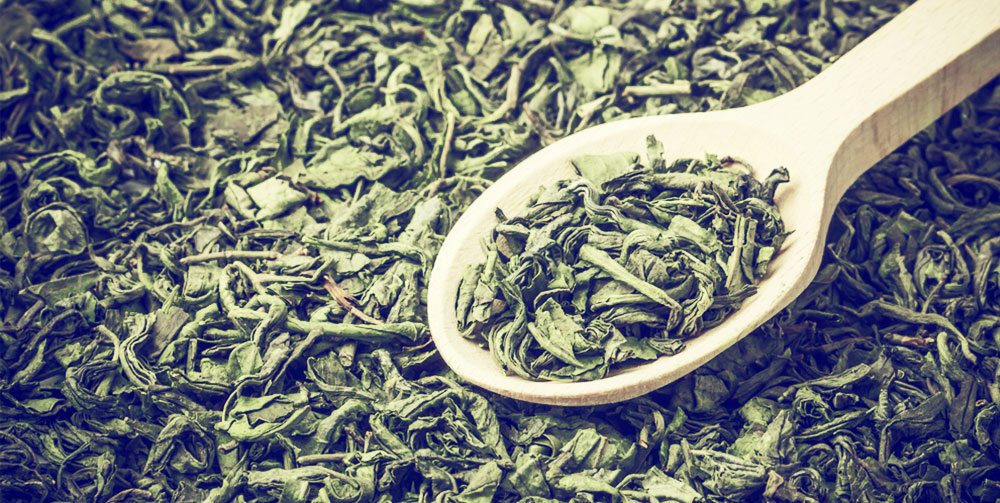Stephanie Berglin ● 1 min read
In support of previous studies,[1] a 2015 study showed green tea had a beneficial effect by reducing oxidative stress and, therefore, protecting the individual against oxidative stress diseases.[2]
The aim was to investigate the effects of green tea catechins (GTC) on oxidative stress metabolites in healthy individuals while at rest as well as during exercise. The effects investigated included response to fat metabolism, blood lactate concentrations and rating of perceived exertion.
The paralleled, crossover, randomised controlled study of 16 trained male gymnastic students were randomly divided into two groups. The rest group received a single dose of 780mg GTC but no exercise; the exercise group received a similar dose of GTC and were instructed to exercise. This was followed by a crossover study with similar exercise regime as a placebo group that did not receive GTC. Blood samples were collected at baseline and after 60 and 120 minutes of GTC intake.
Oxidative stress blood biomarkers, urinary creatinine and blood lactate concentrations were analysed. During the cycle ergometer exercise, volume of maximal oxygen uptake, volume of oxygen consumption, volume of carbon dioxide and respiratory exchange ratio were measured from a sample of respiratory breath gas collected during low, moderate and high intensity exercising, and the amount of fat burning and sugar consumption were calculated.
The results indicated that GTC influence oxidative stress biomarkers when compared between the rest and the exercise groups, which could be beneficial for oxidative metabolism at rest and during exercise.
References
- Coimbra S, Castro E, Rocha-Pereira P, et al. The effect of green tea in oxidative stress. Clinical Nutr 2006;25(5):790-796. [Abstract]
- Sugita M, Kapoor MP, Nishimura A, et al. Influence of green tea catechins on oxidative stress metabolites at rest and during exercise in healthy humans. Nutrition 2015 Sep 28. [Epub ahead of print] [Abstract]
DISCLAIMER:
The information provided on FX Medicine is for educational and informational purposes only. The information provided on this site is not, nor is it intended to be, a substitute for professional advice or care. Please seek the advice of a qualified health care professional in the event something you have read here raises questions or concerns regarding your health.



